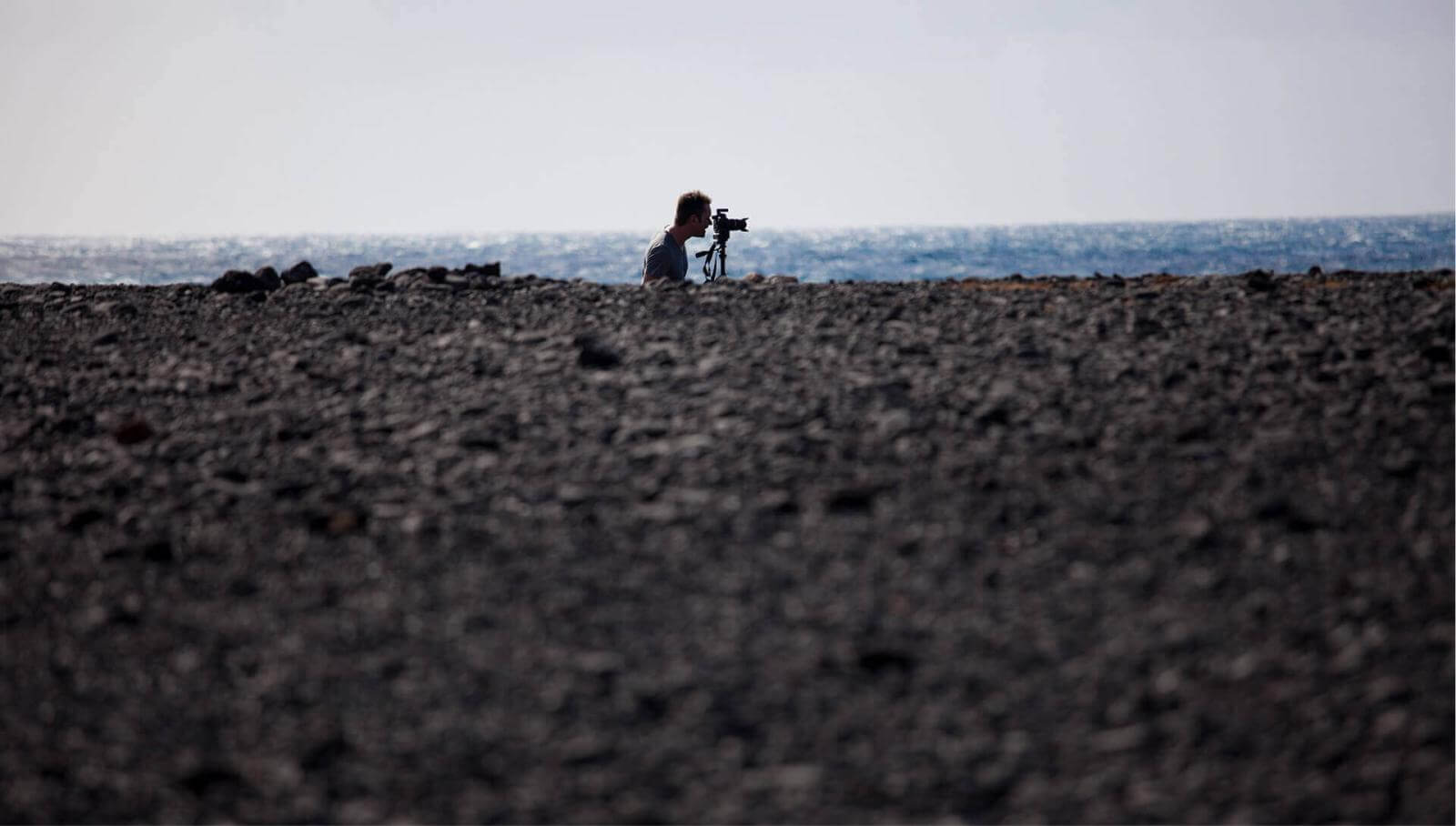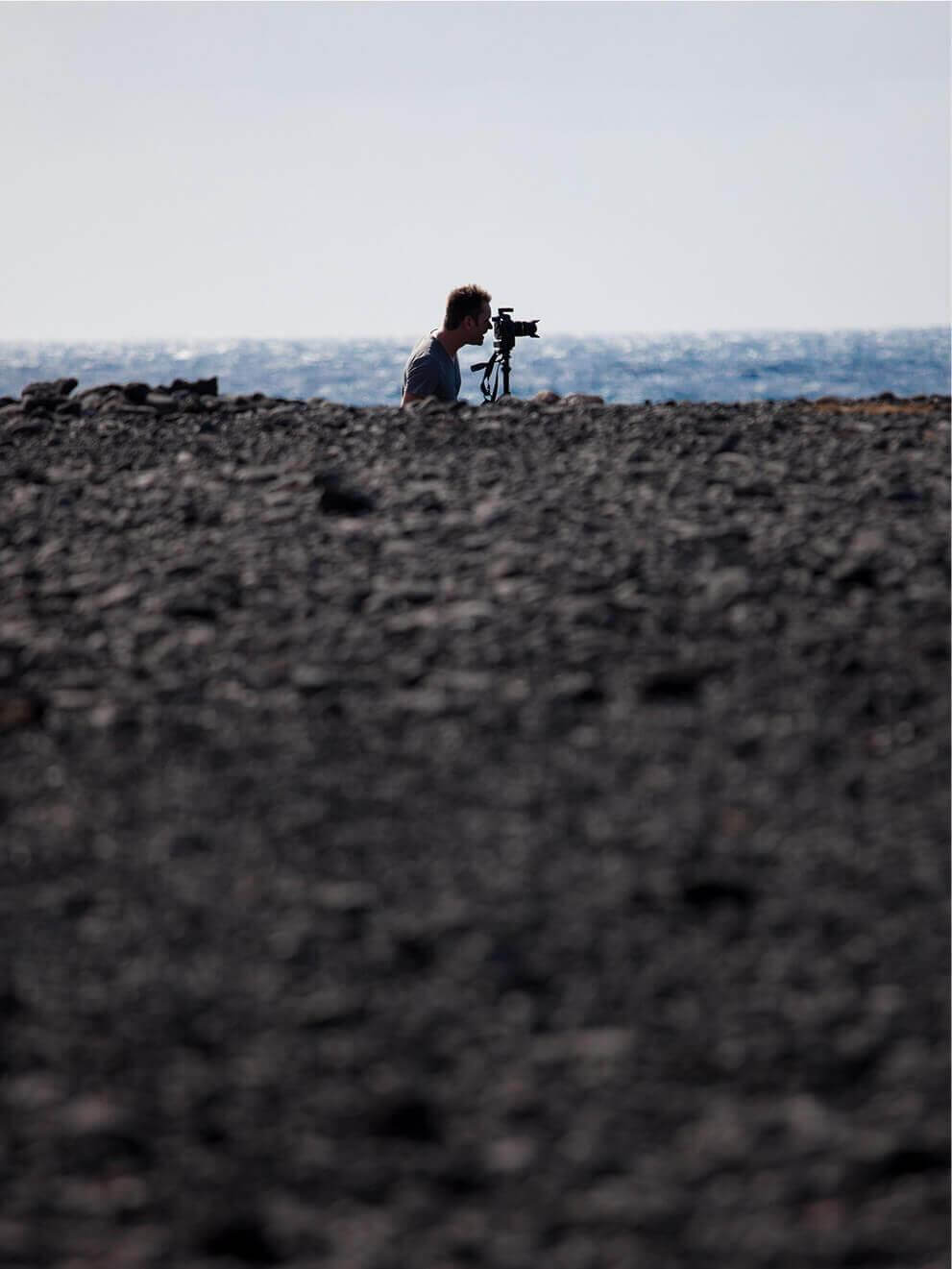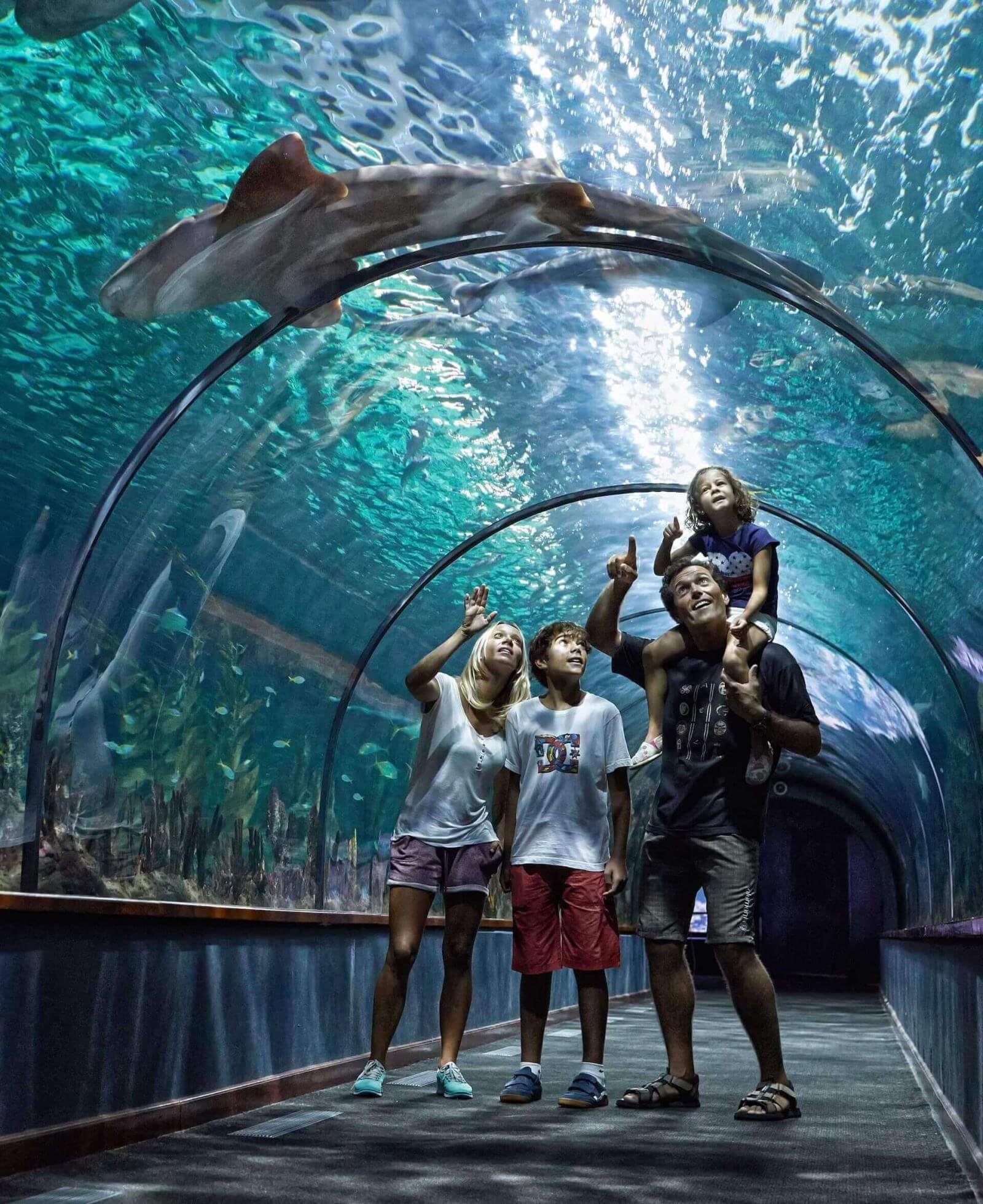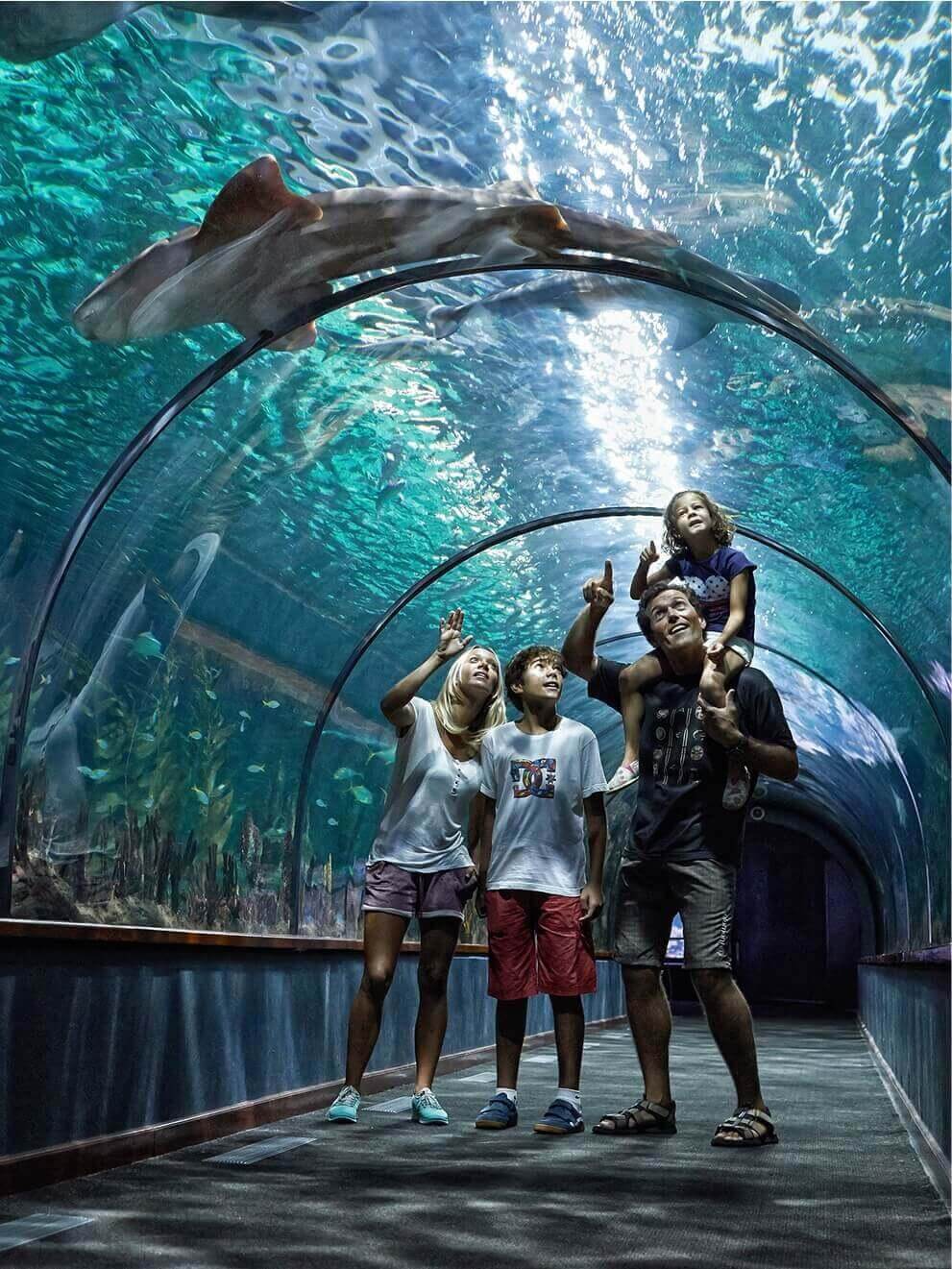Travelling with children helps us regain the child we once were. There was a time when everything was new. When a shell on the sand was enough to stop the world. When we were children, we looked at things differently: with eyes wide open, questions, and time. Over the years, that gaze was gradually erased. We travel with a full schedule, our sights set on the destination and our head elsewhere. But sometimes, when we travel with them - children - something lights up. And for a moment, we see things as we did before.
Seeing things as though it were the first time
During childhood, every stimulus can be a surprise. We don’t need monuments or impressive landscapes: a shiny stone, a shadow on the ground or a strangely-shaped cloud are enough to amaze us. Children see things in a totally open way. They don’t filter, or discard, or classify. They observe without expectations.
According to cognitive neuroscience, the child's brain processes stimuli with extraordinary openness. Because they are not conditioned, they perceive the world more intensely. This full attention, known as mindful attention, is natural in childhood. In adulthood, relearning it requires practice.
What we learned... and what we left behind
With the passage of time, we become efficient. Our brain learns to prioritise, to go straight to the point, to ignore that which does not appear to be useful. This allows us to function swiftly, but it also limits our attention.
We travel in pursuit of points of interest, “worthwhile” experiences. We overlook details along the way. We travel with a full schedule and our head elsewhere. We have forgotten how to see without looking for anything.
Childhood as a mirror
Travelling with children highlights that difference. They don’t follow routes or timetables. They stop when we speed up. They notice things that no longer capture our attention. They feel awe. And without meaning to, they invite us to do the same.
While we are looking for the best framing for the photo, they have already spotted the dragon up in the cloud. As we make a beeline towards the point of interest, they bend over to observe a line of ants. They don't need great landscapes to be surprised. For them, it's enough to be present.
They practise what psychology calls mindful attention without realising it. Without meaning to, they mirror back to us a reflection of what we once were: the ability to be surprised, ask questions without expecting answers, be present. And sometimes, all that is enough to awaken something that was dormant.
Perhaps true nostalgia is not revisiting a place, but a way of seeing things That way of finding magic in the minimal, which still inhabits the gaze of a child, silent and intact. And stopping to observe it for a second... is also a way of returning.








